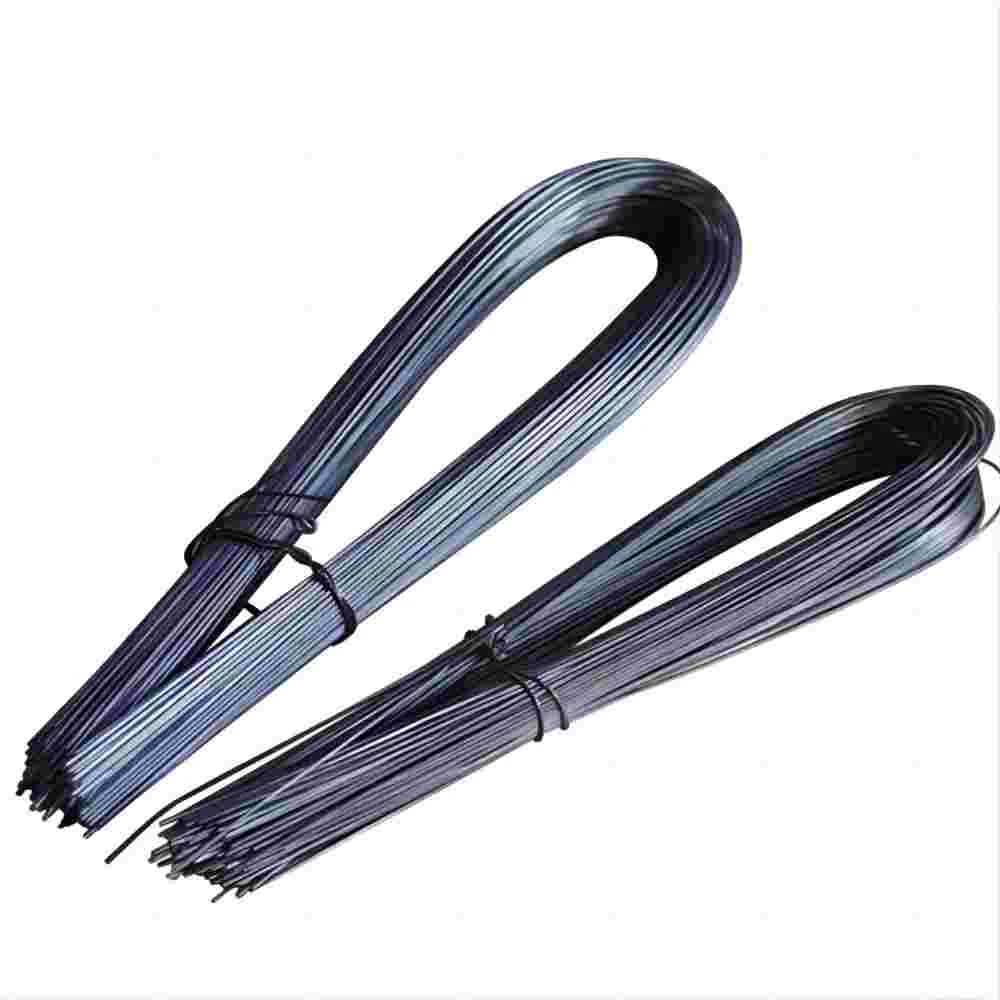Nails for Installing Wood Flooring Effectively and Efficiently
Choosing the Right Nails for Wood Flooring
When it comes to installing wood flooring, the type of nails you select can significantly impact both the durability and aesthetic of the finished product. Properly chosen nails not only hold the flooring in place securely but also contribute to the overall integrity of the structure over time. In this article, we will explore the best types of nails for wood flooring, their advantages, and installation tips to ensure a long-lasting and beautiful result.
Types of Nails for Wood Flooring
There are several types of nails that professionals and DIY enthusiasts can choose from when working with wood flooring. The most common options are
1. Cleat Nails These nails feature a small head and a shank that has serrations, providing excellent grip. Cleat nails are often used in nail-down installations and are known for their ability to hold the flooring securely in place, even with the natural expansion and contraction of wood.
2. Flooring Staples Wide staples are another popular choice, particularly for engineered wood flooring. They have a quick installation process and hold the flooring down effectively. However, some may argue that staples can create a less stable hold compared to cleat nails due to the lack of a strong head.
3. Screw Nails These nails provide the highest level of holding power and are ideal for hardwood flooring installations. They have a screw-like thread that offers substantial grip, making them resistant to pull-out. The installation process can be more labor-intensive, as each screw nail must be driven in manually or with a power tool.
4. Ring Shank Nails Similar to screw nails, ring shank nails have small rings along the shank that prevent them from pulling out. They are particularly effective in areas where moisture is a concern, as they provide additional grip that helps keep the flooring secure over time.
Nail Gauge and Length
When selecting nails for your wood flooring, consider the gauge and length. The gauge refers to the thickness of the nail; a lower gauge number indicates a thicker nail. For hardwood floors, a common choice is 16 or 18-gauge nails. The length of the nail should be adequate to penetrate through the flooring material and into the subfloor beneath; generally, nails that are 1.5 to 2 inches long are suitable for most installations.
nails for wood flooring

Using the proper gauge and length of nails ensures that the flooring is adequately secured, preventing issues such as squeaking, gaps, or warping over time.
Installation Tips
Proper installation is crucial for the longevity of wood flooring. Here are some tips to achieve the best results
1. Pre-drill Holes If you are using screw nails, pre-drilling holes can help prevent the wood from splitting and make driving the screws easier.
2. Use a Pneumatic Nailer If you're dealing with a large surface area, consider using a pneumatic nailer. This tool will speed up the installation process and help maintain consistent nail depth.
3. Spacing the Nails Ensure that you space your nails appropriately according to the manufacturer's recommendations. Typically, nails should be placed every 6 to 8 inches along the length of each plank.
4. Nail Down the Ends and Sides For best results, secure both the ends and sides of the boards. This will ensure that they stay firmly in place, reducing the likelihood of movement.
5. Allow for Expansion Remember that wood is a living material. Allow for expansion gaps at the edges of the flooring to accommodate this natural movement, especially in areas with fluctuating humidity or temperature.
Conclusion
Selecting the right nails for wood flooring is a crucial step in ensuring a beautiful, sturdy, and long-lasting installation. By understanding the different types of nails, appropriate gauge and length, and following best installation practices, you can achieve a professional-looking result that will withstand the test of time. Whether you're a seasoned contractor or a DIY enthusiast embarking on your first flooring project, the right choices in nails will make all the difference in your wood flooring experience.
-
Successful Participation at the 137th Canton Fair in April 2025NewsApr.20,2025
-
Successful Participation at the 2025 NAHB International Builders' Show (IBS) in Las VegasNewsFeb.28,2025
-
Successful Participation at the 2025 Philippine World Building and Construction Exposition (WorldBex) in ManilaNewsMar.20,2024
-
Successful Participation at the 2024 Canton FairsNewsOct.20,2024
-
Successful Participation at the 2024 Canton FairNewsApr.20,2024
-
Successful Participation at the 2024 Philippine World Building and Construction Exposition in ManilaNewsMar.20,2024




